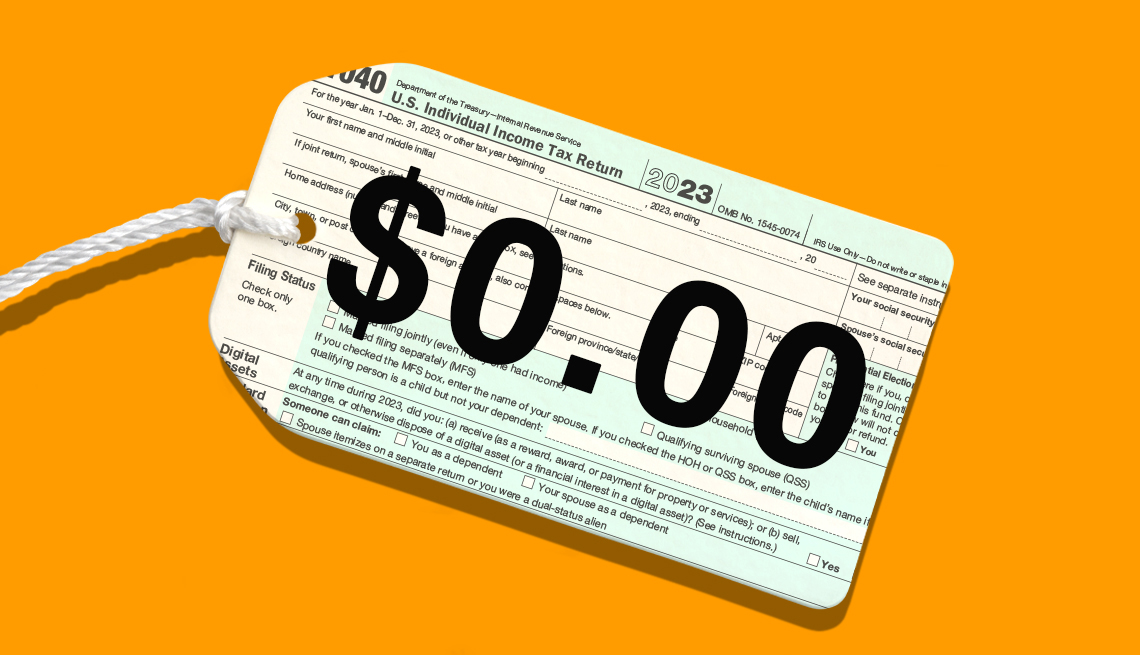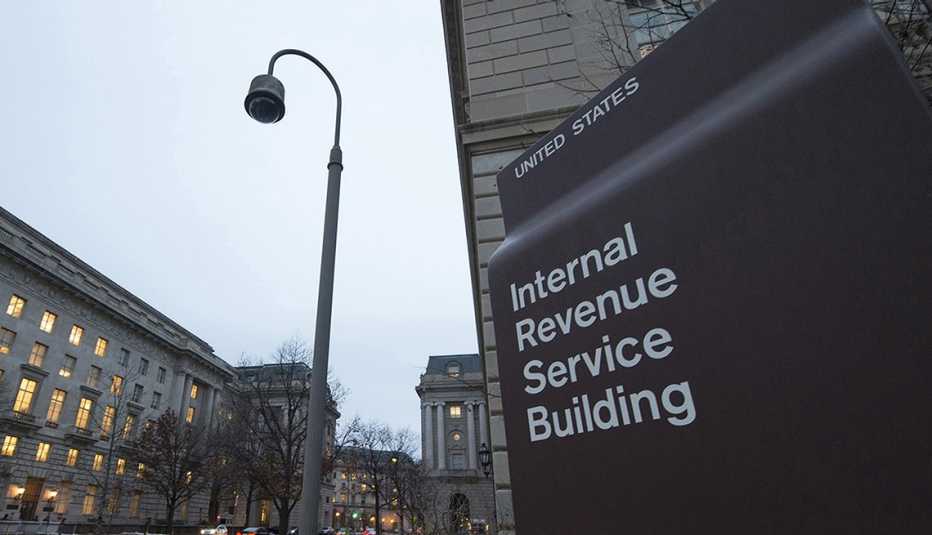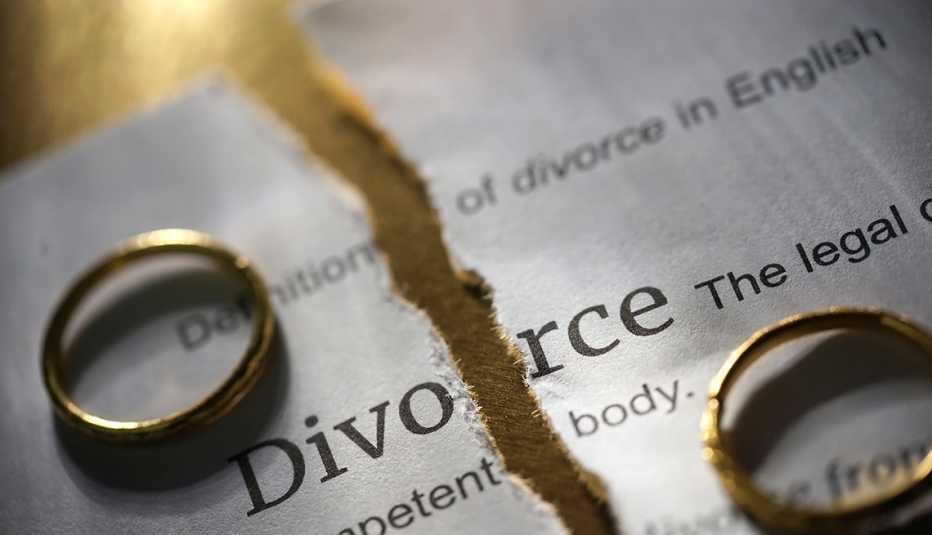Staying Fit
You say you hate paying taxes? You say the sight of a tax form makes you want to live in the woods like a wild man? Well, cheer up, Bunky, because there are plenty of ways to get your taxes done for free. Take a closer look at the options available to qualifying taxpayers at no charge.
New in 2024: IRS Direct File
The IRS is piloting a free program that initially lets eligible taxpayers file federal returns directly to the agency. Direct File gives step-by-step guidance, real-time online support from IRS customer service and representatives, and online access by smartphone, laptop, tablet or desktop computer. The program, available in English and Spanish, is running as a pilot program in 12 states this year. It’s now available to all taxpayers in those states.


AARP Membership— $12 for your first year when you sign up for Automatic Renewal
Get instant access to members-only products and hundreds of discounts, a free second membership, and a subscription to AARP the Magazine.
The 12 states are: Arizona, California, Florida, Massachusetts, Nevada, New Hampshire, New York, South Dakota, Tennessee, Texas, Washington state and Wyoming. Direct File doesn’t help with state taxes. For residents of Arizona, California, Massachusetts and New York, however, the program will direct you to state-supported tax return programs.
Estimate Your Taxes
AARP’s tax calculator can help you predict what you’re likely to pay the IRS.
Direct File is designed for relatively simple tax returns: To be eligible, you’ll need regular income and a W-2 form, SSA-1099 for Social Security income, a 1099-G for unemployment compensation or a 1099-INT interest income of $1,500 or less. The program can compute the Earned Income Tax Credit and the Child Tax Credit, as well as the credit for other dependents. You can also declare a standard deduction, a deduction for student loan interest and a deduction for educator expenses. Direct File has no income limits.
If you itemize, have income from gig jobs or claim other credits like the Child and Dependent Care Credit, Saver’s Credit or the Premium Tax Credit, IRS Direct File is not for you.
You’ll need to verify your identity and sign in securely with an IRS account to use Direct file.
AARP Foundation Tax-Aide
Since 1968, Tax-Aide has helped more than 75 million taxpayers fill out their returns. All Tax-Aide volunteers are certified by the Internal Revenue Service (IRS) every year to make sure they understand all facets of the tax code.






































































